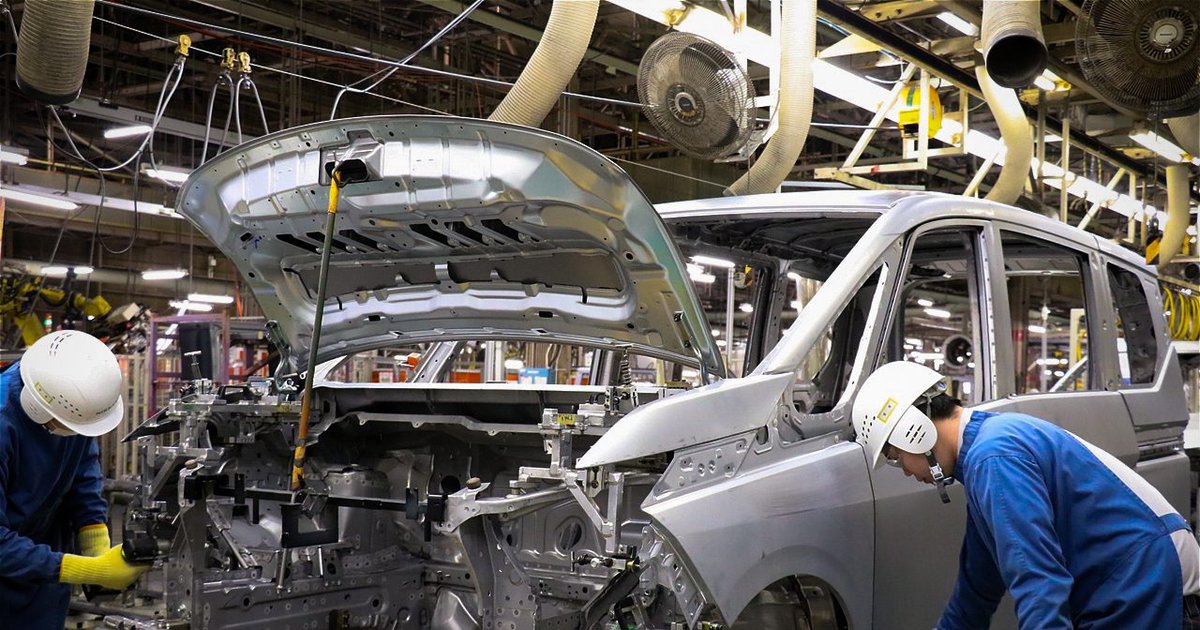Green Revolution on Wheels: How Nissan is Pioneering Sustainable Steel Manufacturing

Green Steel Revolution: Nissan's Bold Leap Towards Sustainable Manufacturing
Nissan is making waves in the automotive industry with its groundbreaking commitment to green steel, signaling a transformative approach to sustainable vehicle production. The Japanese automaker's recent announcement to expand green steel usage in its manufacturing processes marks a significant milestone in the fight against carbon emissions.
Green steel, produced using innovative technologies that dramatically reduce carbon footprint, is quickly emerging as a game-changer in automotive manufacturing. By replacing traditional steel production methods that rely heavily on fossil fuels, Nissan is demonstrating its dedication to environmental stewardship and cutting-edge sustainability.
This strategic move not only reduces the company's carbon emissions but also sets a powerful precedent for the entire automotive sector. As global industries increasingly prioritize eco-friendly practices, Nissan's initiative represents a forward-thinking approach that could inspire widespread change in manufacturing methodologies.
The shift to green steel is more than just an environmental statement—it's a testament to the automotive industry's potential to drive meaningful ecological transformation. By embracing innovative technologies and sustainable materials, Nissan is proving that performance and environmental responsibility can go hand in hand.
As the world watches, Nissan continues to lead the charge towards a greener, more sustainable automotive future.

